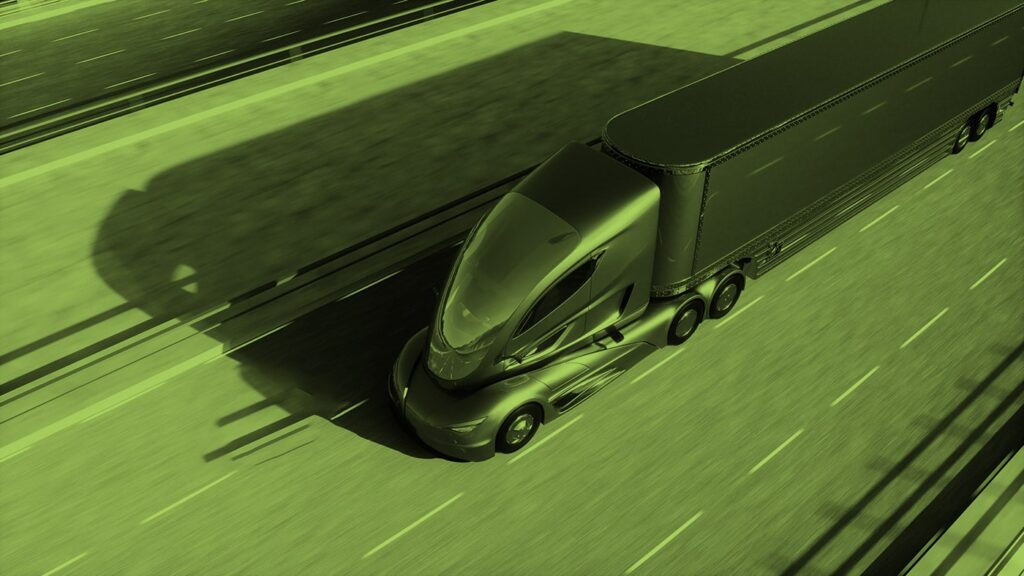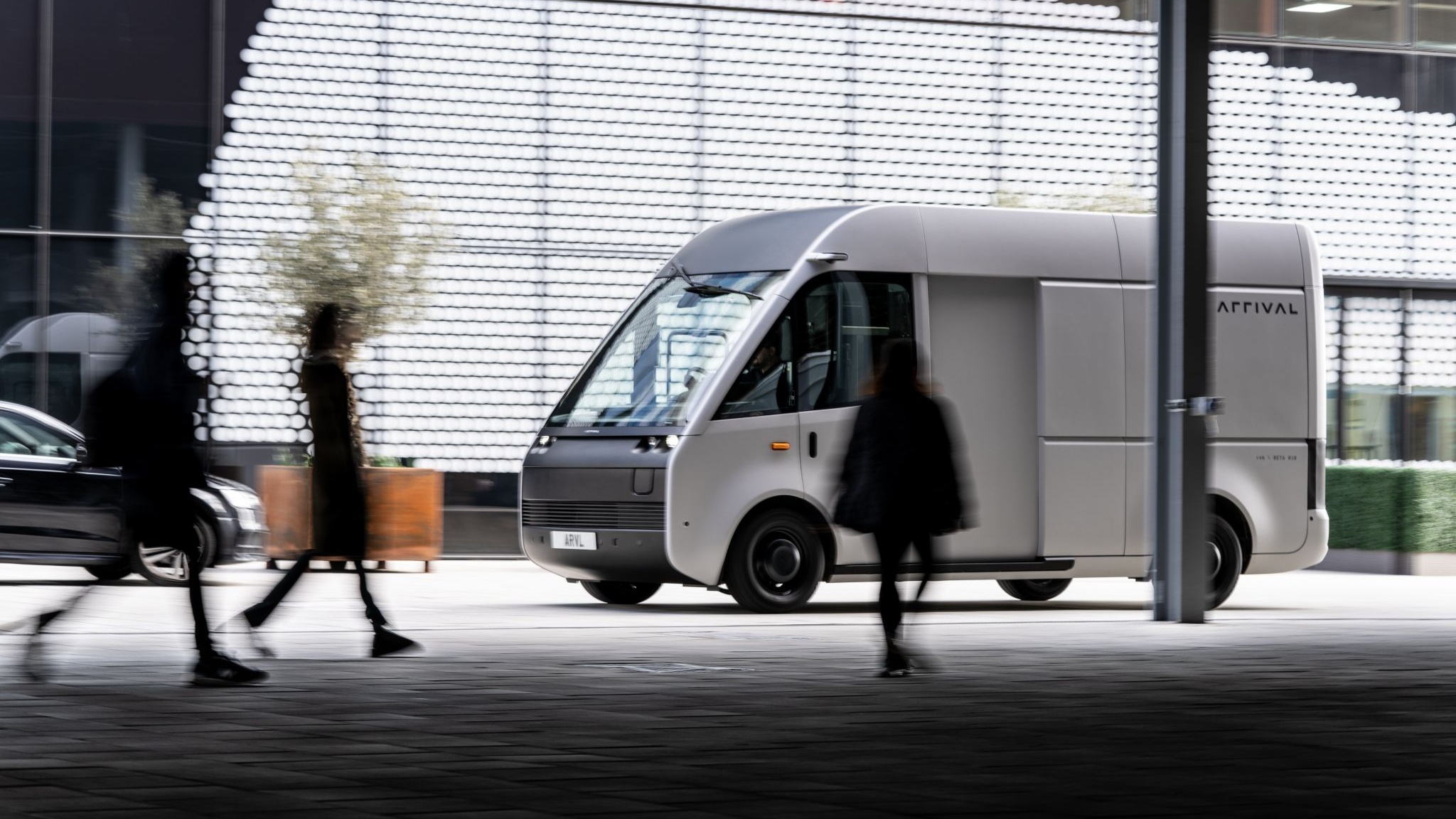Commercial vehicles powered by gas-guzzling diesel engines have long been a major source of air pollution. For decades, the transportation sector has been one of the largest contributors to greenhouse gas emissions (GHG), generating 29% of total U.S. GHG emissions in 2019. But market trends indicate an acceleration towards zero-emitting freight trucks, urban buses and delivery vans that could revolutionise commercial electric vehicle (EV) fleets and drive business into the future.
EVs will account for 40% of global new car sales by 2030, with sales topping 2.1 million globally in 2019. Consumer adoption of EVs is clearly growing, with battery electric vehicles making up 1.8% of light-duty vehicles sold in the U.S. While established players like Tesla continue to set new industry benchmarks for consumer vehicles, momentum is also being driven by large shipping companies who see value in electrifying their commercial fleets to achieve a lower total cost of ownership and adhere to new clean energy mandates. Technology companies like Arrival are stepping up to cater to shifting industry demands by offering an innovative new approach to the commercial EV experience.
EVs will account for 40% of global new car sales by 2030, with sales topping 2.1 million globally in 2019. Consumer adoption of EVs is clearly growing, with battery electric vehicles making up 1.8% of light-duty vehicles sold in the U.S. While established players like Tesla continue to set new industry benchmarks for consumer vehicles, momentum is also being driven by large shipping companies who see value in electrifying their commercial fleets to achieve a lower total cost of ownership and adhere to new clean energy mandates. Technology companies like Arrival are stepping up to cater to shifting industry demands by offering an innovative new approach to the commercial EV experience.

New era for commercial EV fleets
Arrival’s modular-designed vehicles represent the next generation of EVs that aim to offer better price, design and efficiency than traditional fossil fuel vehicles. Embedded with intelligent connected software, its vehicle fleet can send and receive vital data as part of a connected transport ecosystem. Arrival’s cloud-based vehicle monitoring combines Over-The-Air (OTA) provisioning with advanced analytics to provide drivers with real-time data on the road. With a surge in E-commerce accelerated by the Covid-19 pandemic, the company is targeting last-mile parcel delivery fleet systems with improved shared mobility solutions. Arrival is already contracted to provide UPS with up to 10,000 electric vehicles, and are working with Uber to design an affordable, purpose-built electric vehicle for ride-hailing.
‘Microfactory’ of the future
While other major automotive manufacturers like Stellantis and Renault-Nissan have plans for their own electrified delivery vehicles, Arrival is taking a different approach when it comes to fleet production by reinventing the factory. Arrival’s microfactories feature cell-based assembly methods instead of the traditional automotive production line – and will be considerably smaller at just 10,000 square metres. By comparison, Tesla’s factory in California spans 5.3 million square feet. Arrival’s customisable facilities can be integrated into urban centres and will cost roughly $50 million rather than the $1 billion a traditional manufacturing plant might require. Arrival’s long term goal is to set up microfactories across the globe and eliminate the need to ship vehicles — a costly segment of the supply chain that is especially harmful to the environment.
Where Tesla succeeded in making electric vehicles cool, mass adoption by commercial fleets may very well be the next step in the EV industry’s evolution. As OEMs look to capitalise on these new opportunities, the focus on sustainable and cost effective solutions in the global transport and logistics sector will continue to grow substantially.
Discover how Cubic Telecom delivers intelligent connected software to Arrival’s commercial EV fleet

